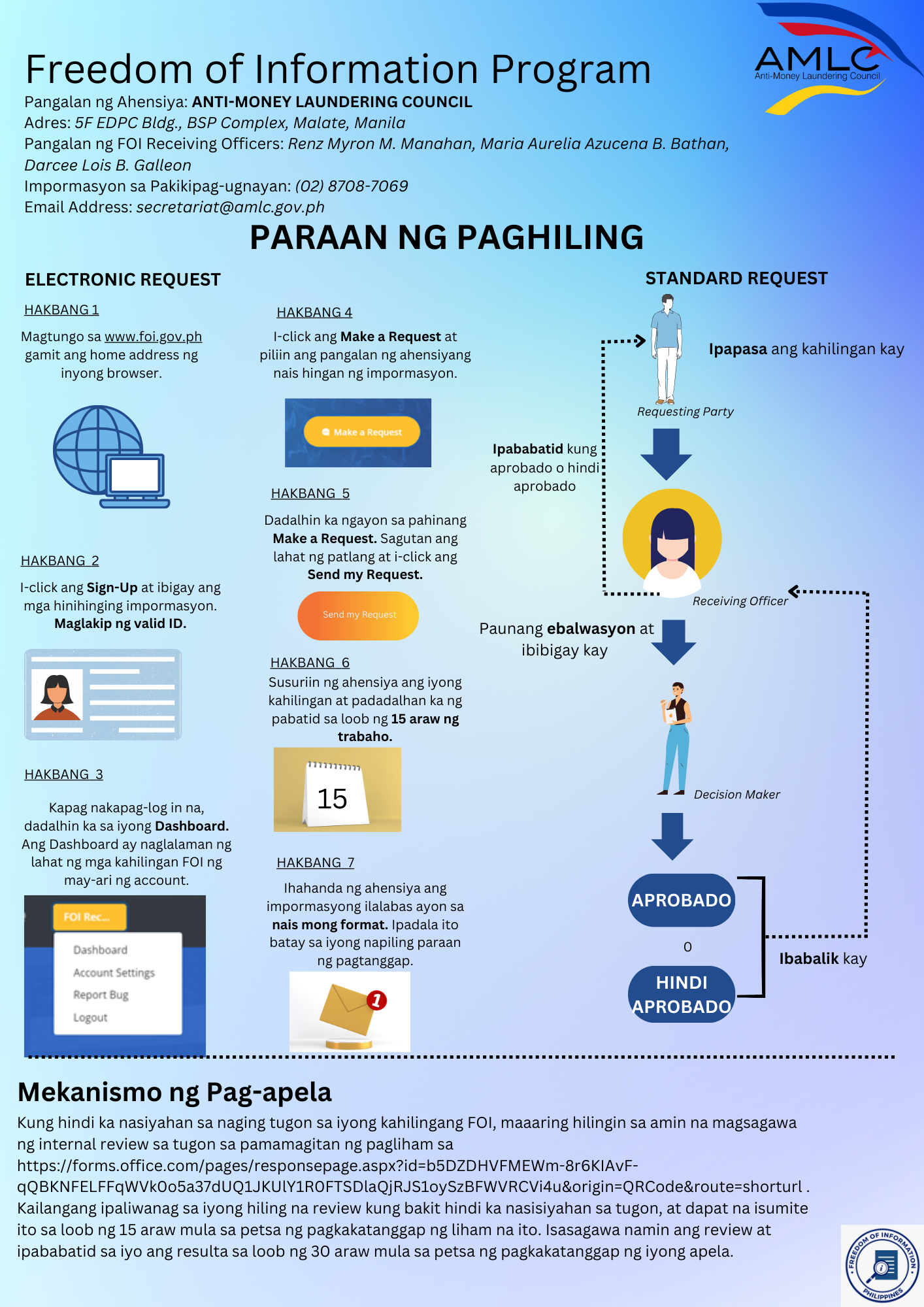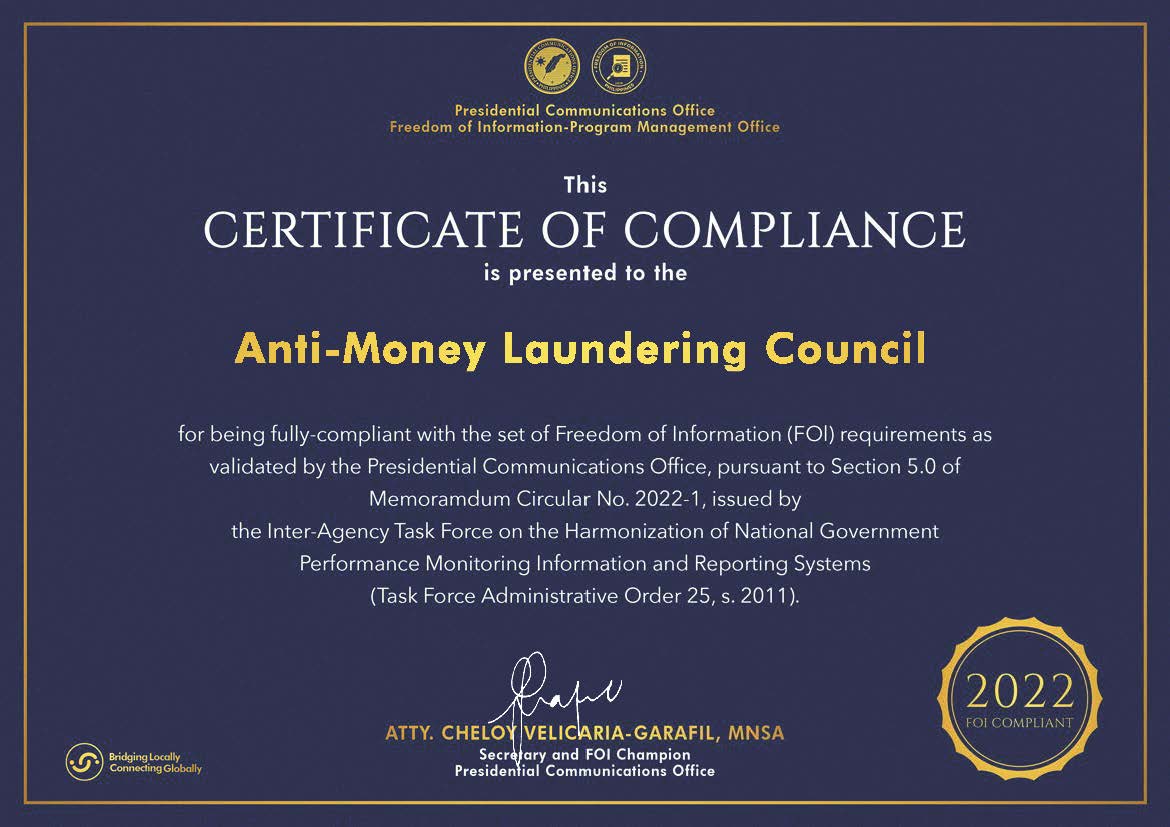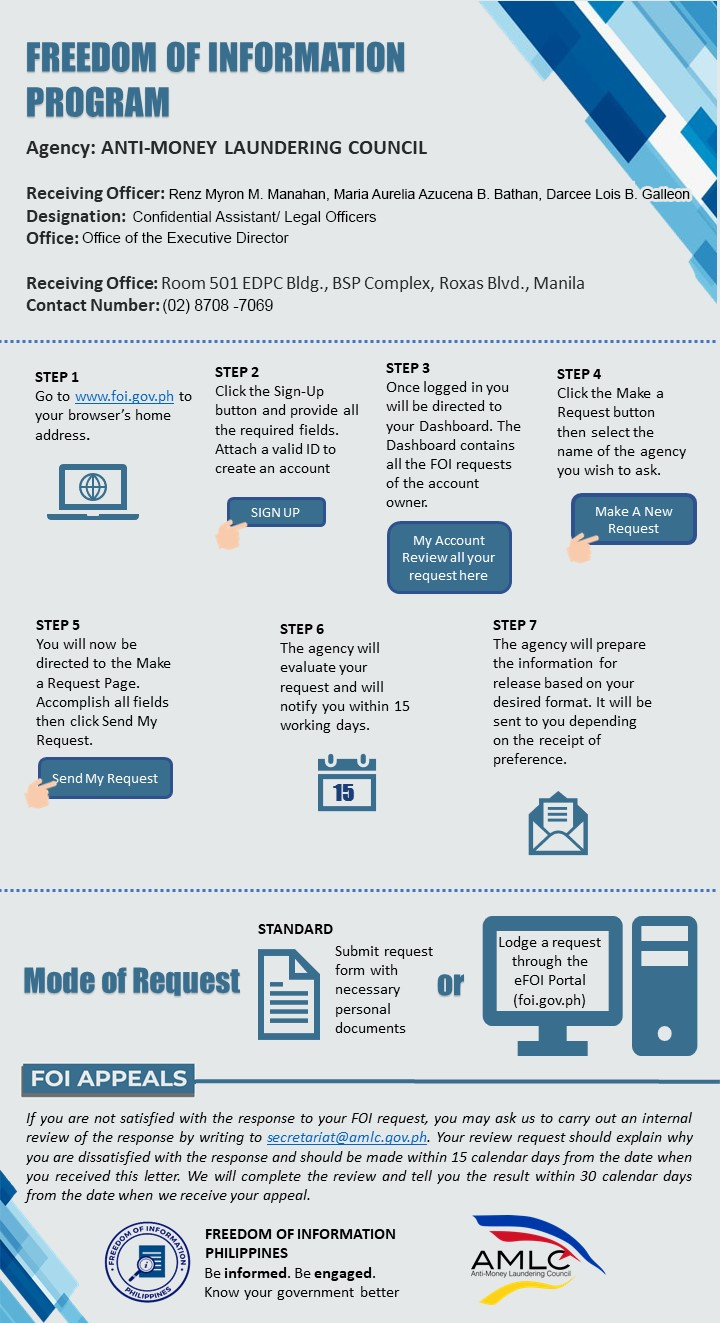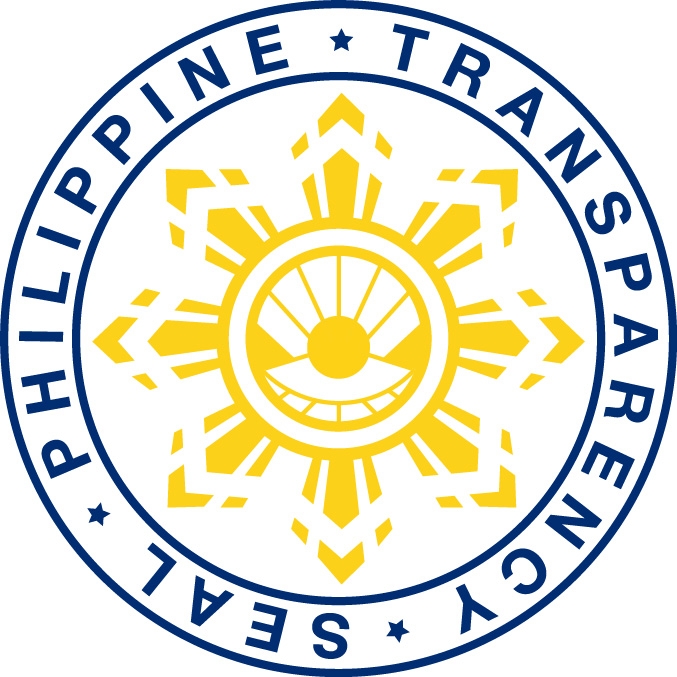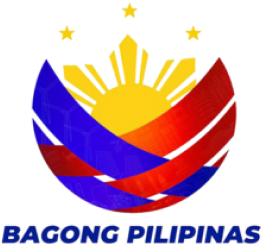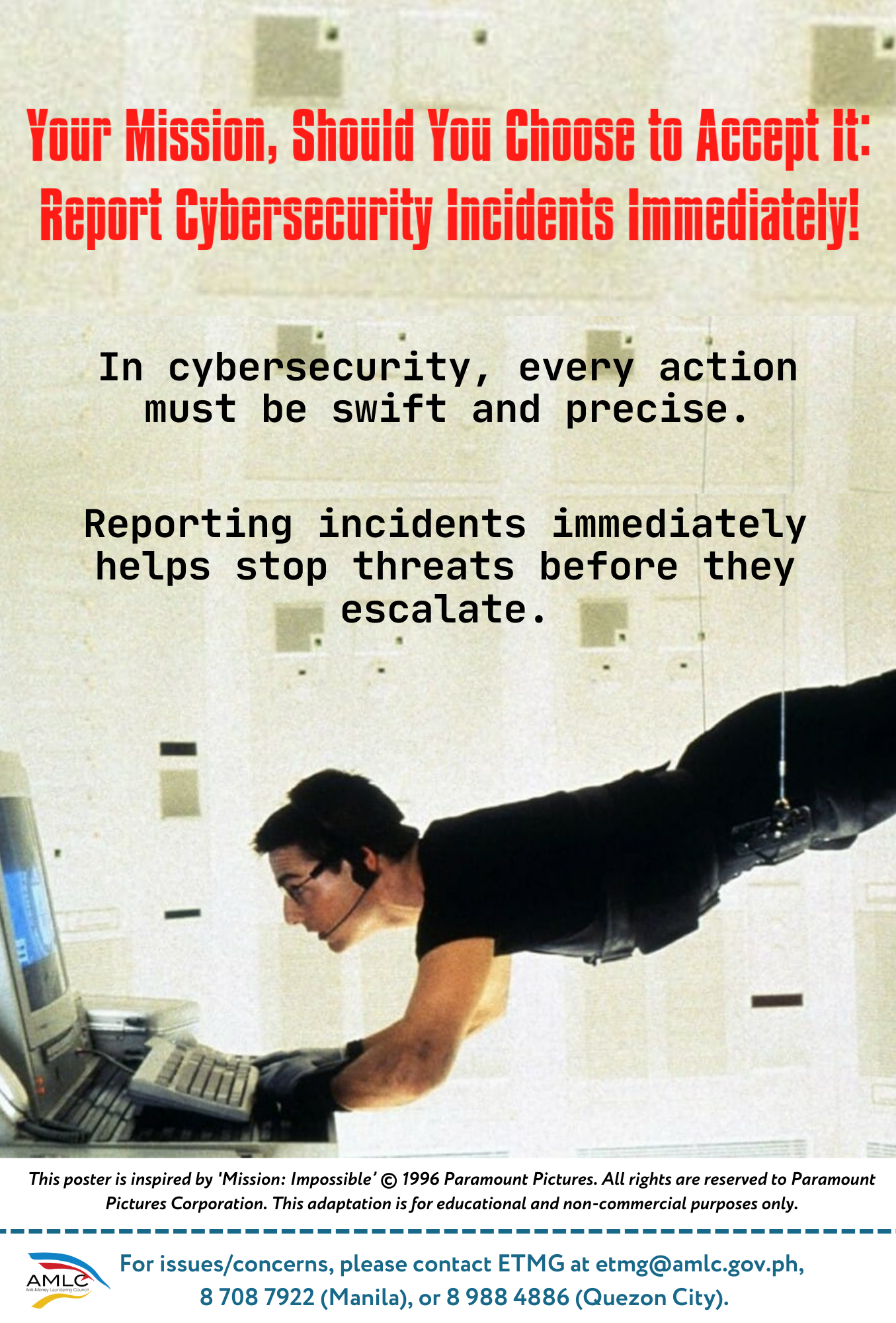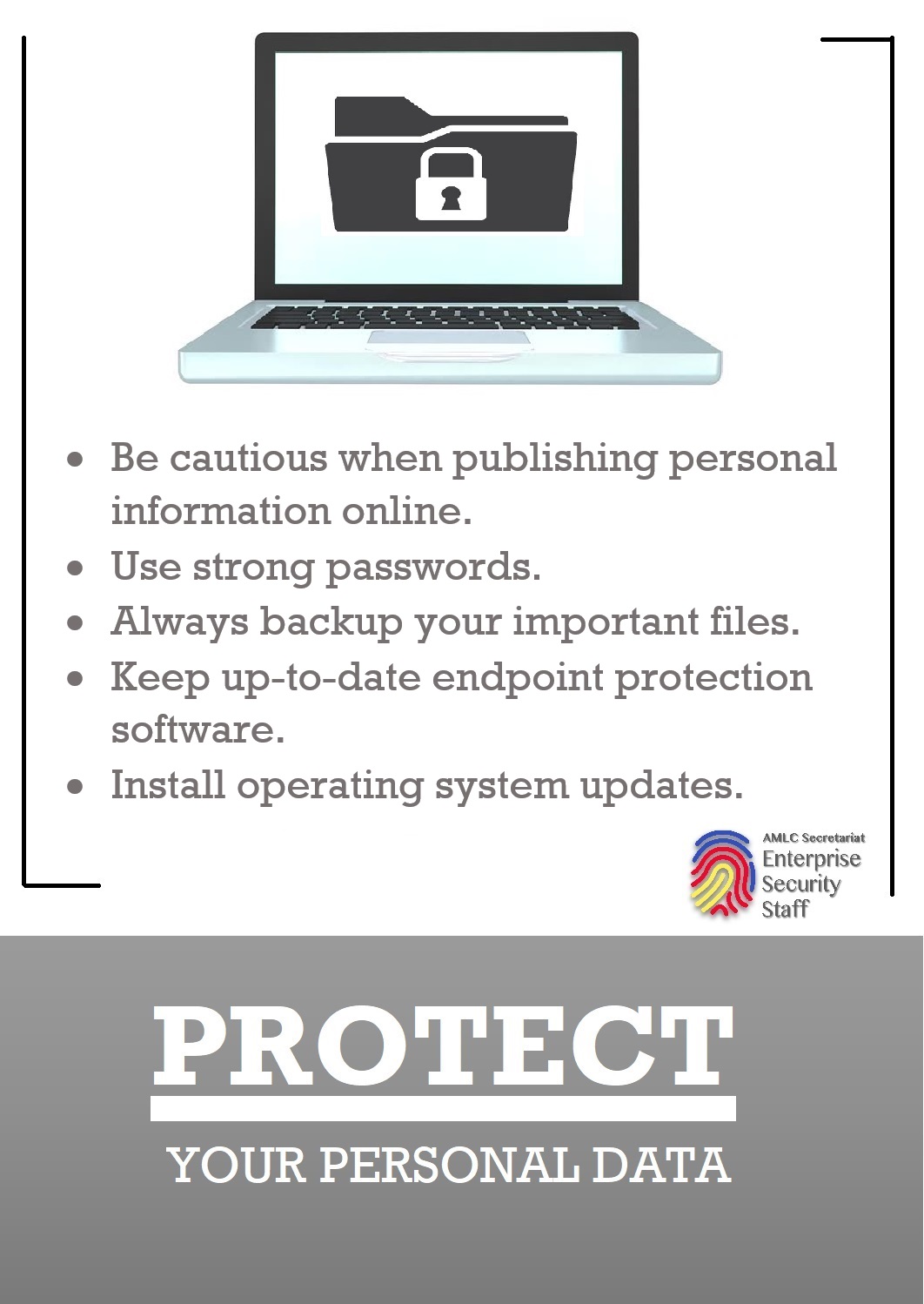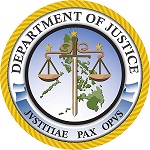The Anti-Money Laundering Council (AMLC) has issued Targeted Financial Sanctions (TFS) related to Proliferation of Weapons of Mass Destruction and Proliferation Financing, effective 1 February 2021:
- Directing covered persons to incorporate the United Nations Security Council (UNSC) Resolution Nos. 1718 (2005) and 2231 (2015), and successor resolutions under the United Nations Security Council Consolidated List in their Customer Due Diligence/Risk Profiling policies and procedures;
- Directing all persons, including private individuals, and entities, such as, but not limited to covered persons and concerned government agencies, to freeze the properties or funds of designated persons or entities or those whose identities match with all the information provided in the Consolidated List (Target Match);
- Directing all covered persons and concerned government agencies to submit a return to the AMLC within 24 hours from effecting the TFS;
- Directing all persons, including private individuals, and entities, such as, but not limited to covered persons and concerned government agencies, to permit the addition to the accounts frozen of interest or other earnings due on those accounts or payments due under contracts, agreements or obligations that arose prior to the date on which those accounts became subject to the TFS. Provided, that any such interest, other earnings and payments continue to be frozen;
- Prohibiting all persons, including private individuals, and entities, such as, but not limited to covered persons and concerned government agencies from dealing with properties or funds of designated persons or entities;
- Requiring covered persons to file a suspicious transaction report for attempted transactions or dealings;
- Directing all persons, including private individuals, and entities, such as, but not limited to covered persons and concerned government agencies, to freeze or put on hold, for a period not exceeding 36 hours, property or funds owned or controlled by persons or entities whose identity matches most, but not all, of the identifier information provided in the Consolidated List (Potential Target Match); andR
- Requiring covered persons and stakeholders to immediately inform the AMLC of any temporary freeze or hold against a potential target match in addition to the filing of a suspicious transaction report.
UNSCR 1718 List (accessed 1 February 2021)
List in alphabetical order
PDF
XML
HTML
List by permanent reference number
PDF
XML
HTML
UNSCR 2231 List (accessed 1 February 2021)
List in alphabetical order
PDF
XML
HTML
List by permanent reference number
PDF
XML
HTML
PROCEDURE FOR DELISTING
- Relevant Security Council resolutions /Committee Guidelines
- Security Council resolution 1730 (2006)
- Committee Guidelines: Section 8
- Who is entitled to submit a delisting request?
Member States
Member States may at any time submit to the Committee requests for delisting of individuals and entities inscribed on the 1718 Sanctions List.
Listed individuals and entities
A petitioner seeking to submit a request for delisting can do so either directly to the Focal Point for Delisting through his/her State of residence or nationality.
- What should be included in a delisting request to the Committee?
Delisting requests should contain the following information:
- Explanation as to why the designation does not or no longer meets the Listing Criteria (paragraph 8(d) and/or 8(e) of resolution 1718 (2006) through countering the reasons for listing as stated in the list entry for that particular individual or entity);
- Designee’s current occupation and/or activities, and any other relevant information;
- Any documentation supporting the request can be referred to and/or attached together with the explanation of its relevance, where appropriate.
- For a deceased individual, the delisting request shall be submitted either directly to the Committee by a State, or through the Focal Point for Delisting by his/her legal beneficiary, together with an official documentation certifying that status. The statement of case supporting the delisting request shall include the following information:
- Death certificate or similar official documentation confirming the death whenever possible;
- Whether or not any legal beneficiary of the deceased’s estate or any joint owner of his /her assets is on the Sanctions Lists as well.
- How to make a delisting request?
- The delisting requests can be submitted either to the Committee or through the Focal Point for Delisting.
For petitioners choosing to submit a petition to the Focal Point for Delisting, the relevant procedure can be accessed here
If the petitioner submits the petition to the State of residence or nationality, the following procedure should be followed:
1. The State to which a petition is submitted (the petitioned State) should review all relevant information and then approach bilaterally the designating State(s) to seek additional information and to hold consultations on the delisting request;
2. The designating State(s) may also request additional information from the petitioner’s State of nationality or residence. The petitioned and the designating State(s) may, as appropriate, consult with the Chair during the course of any such bilateral consultations;
3. If, after reviewing any additional information, the petitioned State wishes to pursue a delisting request, it should seek to persuade the designating State(s) to submit jointly or separately a request for delisting to the Committee. The petitioned State may, without an accompanying request from the designating State(s), submit a request for delisting to the Committee.
- Decision-making of the Committee
In accordance with Section 5 of the Committee Guidelines, the Committee will consider all complete delisting requests.
If the Committee approves the delisting requests, the Secretariat shall update the 1718 Sanctions List accordingly.
PROCEDURE FOR ASSETS FREEZE
- Relevant Security Council resolutions and Committee Guidelines
The exemptions from the assets freeze are provided for by the following:
1. Security Council Resolution 1718 (2006): paragraph 9
2. Security Council Resolution 2270 (2016): paragraph 32
3. Security Council Resolution 2371 (2017): paragraph 26
4. Committee Guidelines: Section 11
- Who is entitled to submit the request for exemptions to the assets freeze?
Member States who intend to authorize, where appropriate, access to frozen funds or other financial assets or economic resources.
- What type of exemptions to assets freeze can be requested?
There are six types of exemptions to assets freeze:
1. The basic expenses exemption
Pursuant to paragraph 9 (a) of resolution 1718 (2006) and Section 11 of the Committee’s Guidelines, notifications for the basic expenses are to be submitted for Committee’s consideration. Notifications, in writing from Member States, should include intention to authorize, where appropriate, access to frozen funds or other financial assets or economic resources to cover expenses.
2. The extraordinary expenses exemption
Pursuant to paragraph 9 (b) of resolution 1718 (2006) and Section 11 of the Committee’s Guidelines, requests for the extraordinary expenses are to be submitted for Committee’s consideration and must, as appropriate, include the following information:
Recipient (name and address)
Recipient’s bank information (name and address of bank, account number)
Purpose of payment
Amount of installment
Number of installments
Payment starting date
Bank transfer or direct debit
Interests
Specific funds being unfrozen
Other information
3. The subject to judicial, administrative or arbitral lien or judgement (prior to the date of 14 October 2006)
Pursuant to paragraph 9 (c) of resolution 1718 (2006) and Section 11 of the Committee’s Guidelines, requests for financial assets and economic resources used to satisfy lien or judgement (provided that it was entered prior 14 October 2006) as subject to the judicial, administrative or arbitral lien or judgement, and is not for the benefit of a designated individual and/or entity, requires no Committee decision.
4. DPRK diplomatic missions
Paragraph 32 of resolution 2270 (2016) decides that the measures imposed by the same paragraph shall not apply with respect to funds, other financial assets and economic resources that are required to carry out activities by the DPRK’s missions to the United Nations and its specialized agencies and related organizations or other diplomatic and consular missions of the DPRK.
5. 1718 Committee case-by-case determination
Paragraph 32 of resolution 2270 (2016) decides that the measures imposed by the same paragraph shall not apply with respect to any funds, or other financial assets or economic resources that the Committee determines in advance on a case-by-case basis and which are required for the delivery of humanitarian assistance, denuclearization or any other purposes consistent with the objectives of resolution 2270 (2016).
6. Financial transactions with the DPRK Foreign Trade Bank or the Korea National Insurance Corporation
Security Council resolution 2371 (2017), adopted on 5 August 2017, the Security Council designates the Foreign Trade Bank (FTB) and the Korea National Insurance Corporation (KNIC) to be subject to the measures specified in paragraph 8 (d) of Security Council resolution 1718 (2006).
In paragraph 26 of Security Council resolution 2371 (2017), the Security Council further decides that the measures specified in paragraph 8 (d) of Security Council resolution 1718 (2006) shall not apply with respect to financial transactions with the DPRK Foreign Trade Bank or the Korea National Insurance Corporation if such transactions are solely for the operation of diplomatic or consular missions in the DPRK or humanitarian assistance activities that are undertaken by, or in coordination with, the United Nations.
- How to make the request for exemptions to the assets freeze?
Please send the requests/notifications for exemptions to the assets freeze to:
The Chair of the Committee, Her Excellency Ms. Mona Juul (Norway), through the Permanent Mission of Norway to the United Nations
With copies to:
The Secretary of the Committee, Mr. Davey McNab, Email address: This email address is being protected from spambots. You need JavaScript enabled to view it.
- Decision Making of the Committee
The Committee, through the Secretariat, will immediately acknowledge receipt of the basic expense notification. Should no negative decision be taken by the Committee within the requisite 5 working day period, the Committee, through its Chair, will inform the notifying Member State thereof. The Committee will also inform the notifying Member State if a negative decision has been taken regarding the notification.
The Committee, through its Chair, will inform the Member States requesting an exemption for extraordinary expenses about its decision.
For more information, please click the following links:
AMLC Documents
Amendments of the 2018 IRR (Regulatory Issuance A, B, and C No. 1)
Targeted Financial Sanctions (Regulatory Issuance No. 4, s 2020)
Amendments of AMLC Regulatory Issuance No 4, s 2020 (Regulatory Issuance No. 2, s 2021
Sanctions Guidelines 2020
UN Resources
Procedures for Delisting
Assets Freeze
Assets freeze exemptions


 REVISED 2 3.jpg)

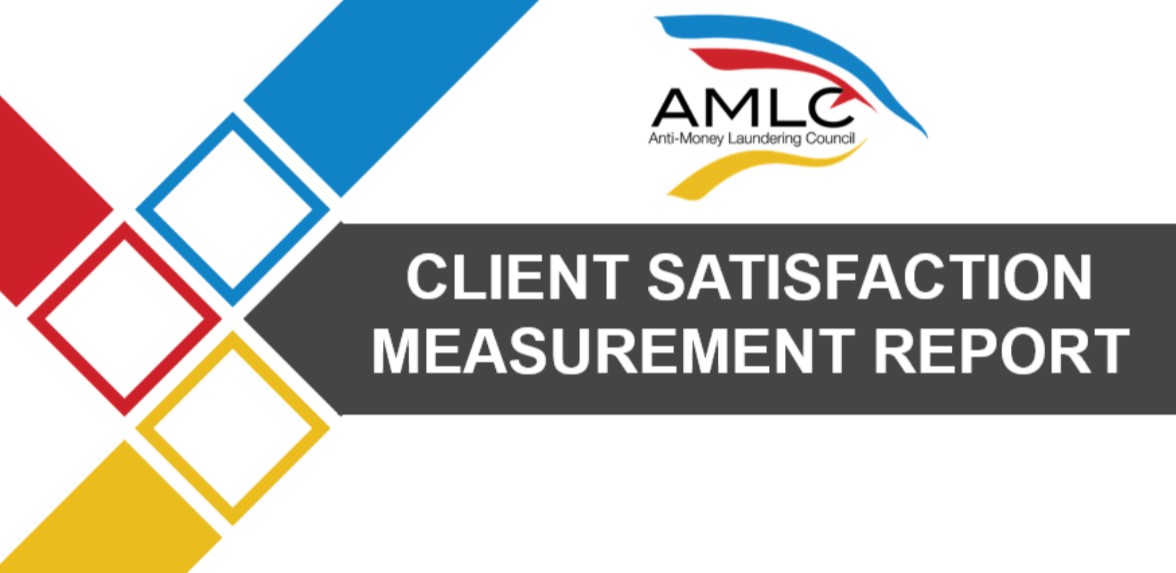 2024 (First Edition)
2024 (First Edition)